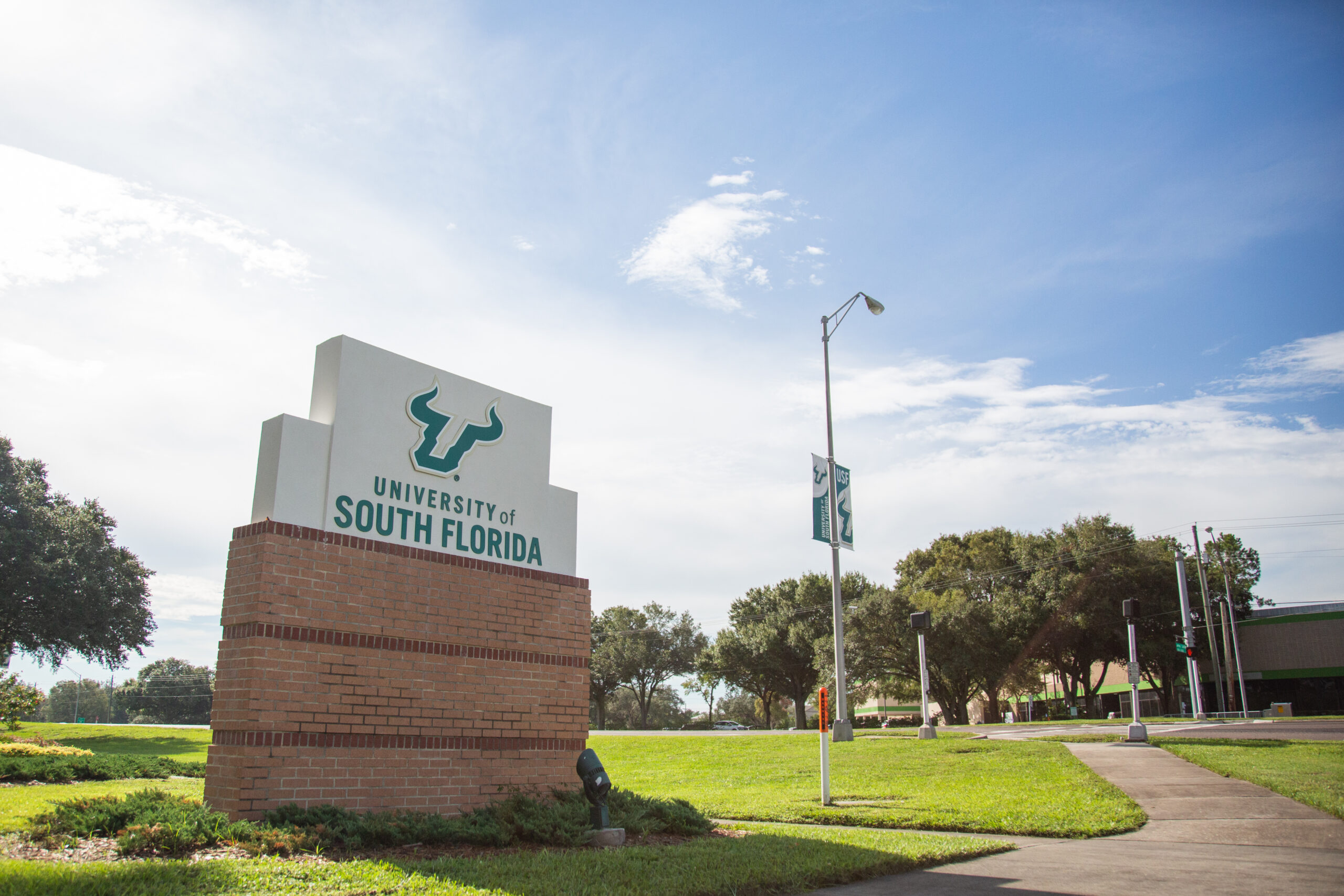EDITORIAL: USF isn’t serious about sharing COVID-19 numbers

Six months have passed since USF launched its COVID-19 website to provide daily updates on cases around campuses, but the oversimplification of data and bare minimum of information leave much to be desired.
Filled with bullet points of weekday positive cases and no thorough analysis of the data presented, USF’s website only displays the daily number of cases identified. Compared to the dynamic and informative websites other state universities like UF, FSU and UCF have, USF is severely lagging behind.
Since the start of the fall semester on Aug. 24, USF has reported that over 180 students and employees have tested positive for COVID-19 across all three campuses — Tampa, St. Pete and Sarasota-Manatee.
USF has documented a weekly record since March, with over 70 cases reported last week.
While the number of cases is not as alarming as at other state universities like UF, FSU and UCF, USF’s lack of transparency on the topic is just as concerning.
Over the course of four weeks, The Oracle has repeatedly requested access to data such as the daily number of students under on-campus isolation, the number of positive cases reported in each residence hall and the weekly number of tests being conducted through Student Health Services (SHS).
The reality is that USF makes the process to access relevant information about COVID-19 a lot harder than it should be. At many other universities across the state, that’s not the case.
From bar graphs to histograms, UF grants its community access to a comprehensive and fully interactive testing dashboard updated daily by UF’s Student Health Services. It not only provides daily updates on COVID-19 cases around campus, but also informs the community of the number of daily tests performed, the capacity of isolation spaces and even data regarding contact-tracing procedures.
The testing dashboard is part of UF’s Screen, Test and Protect initiative to prevent the spread of COVID-19 and welcome students, faculty and staff back to its campus. The dashboard was released on Aug. 17 and so far has provided students with specific numeric information and trends to keep the community aware of the short-term and long-term impacts of COVID-19.
With weekly COVID-19 updates, FSU provides its community with COVID-19 data through its website. Besides listing the weekly total number of cases, FSU’s website shows the total number of tests conducted as well as its positivity rate.
On UCF’s coronavirus information page, the weekly total number of student positive cases, move-in positive cases and self-reported positive cases by students, faculty and staff since March are shown. Unlike FSU, UCF does not include the total number of tests conducted nor the positivity rate.
Compared to the other state universities, USF’s attempt to provide its community with a “COVID-19 dashboard” is pitiful. There is no reason why the university should be unable to provide the same degree of thoroughness as its peers when it comes to communicating COVID-19-related data.
At USF, the number of tests being performed weekly through SHS and the positivity rate have yet to be shared. Since March, the university has only been releasing information on the number of daily positive cases identified — and that’s not enough.
USF’s lack of transparency has become apparent as the university continues to withhold valuable information regarding COVID-19 from its students, faculty and staff. It should not take weeks of waiting after requesting access to simple data, especially data concerning public health at our university during a pandemic.
Students, faculty and staff have had their lives completely rearranged by the social and financial constraints of this pandemic. The least USF can do is provide simple statistics to allow them to assess not only the level of risk they are putting themselves at if they choose to visit campus or remain in the immediate vicinity, but also how much longer they could have to continue with virtual learning.
Until real change is made, USF will continue to withhold and control data that rightfully belongs to its community.






